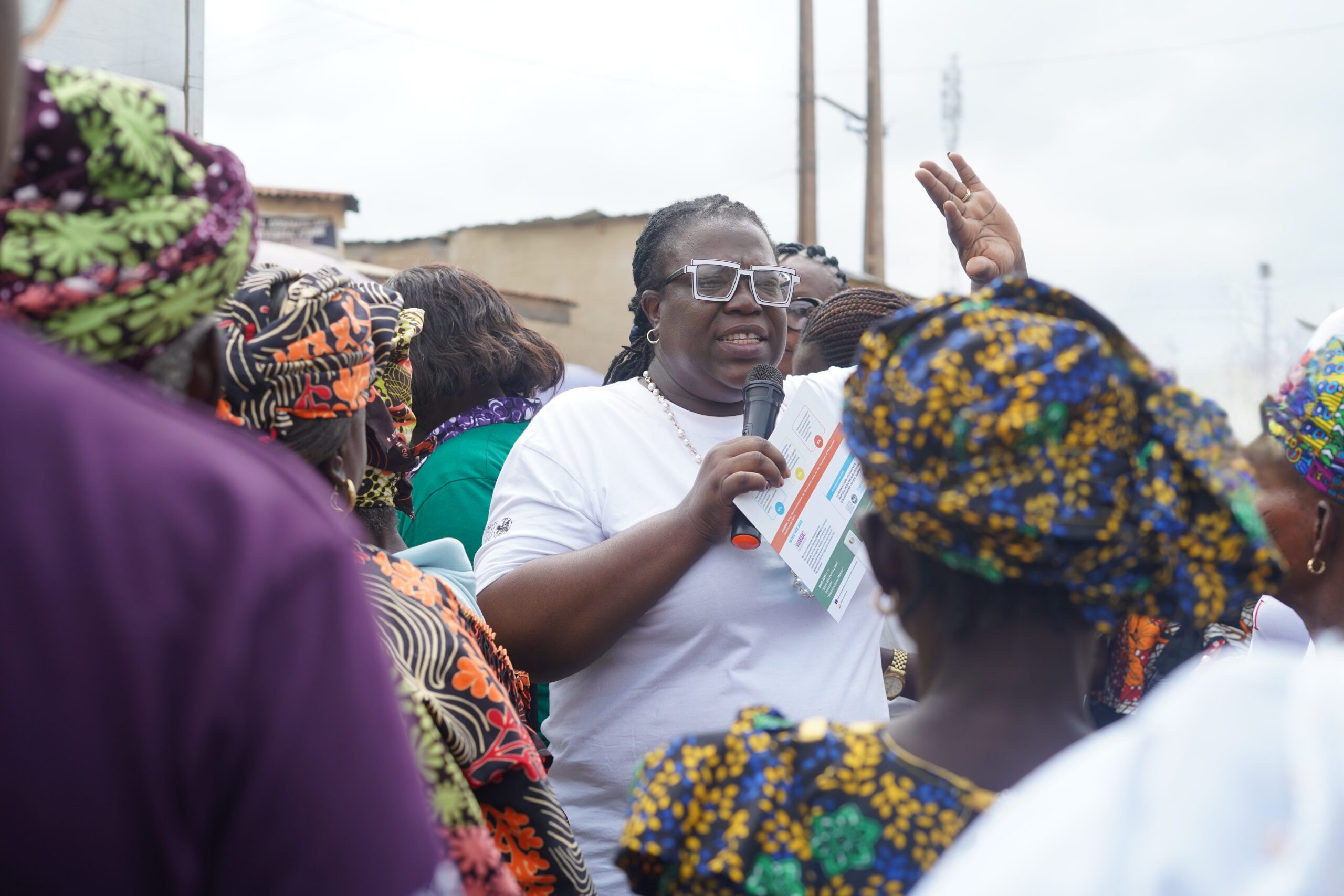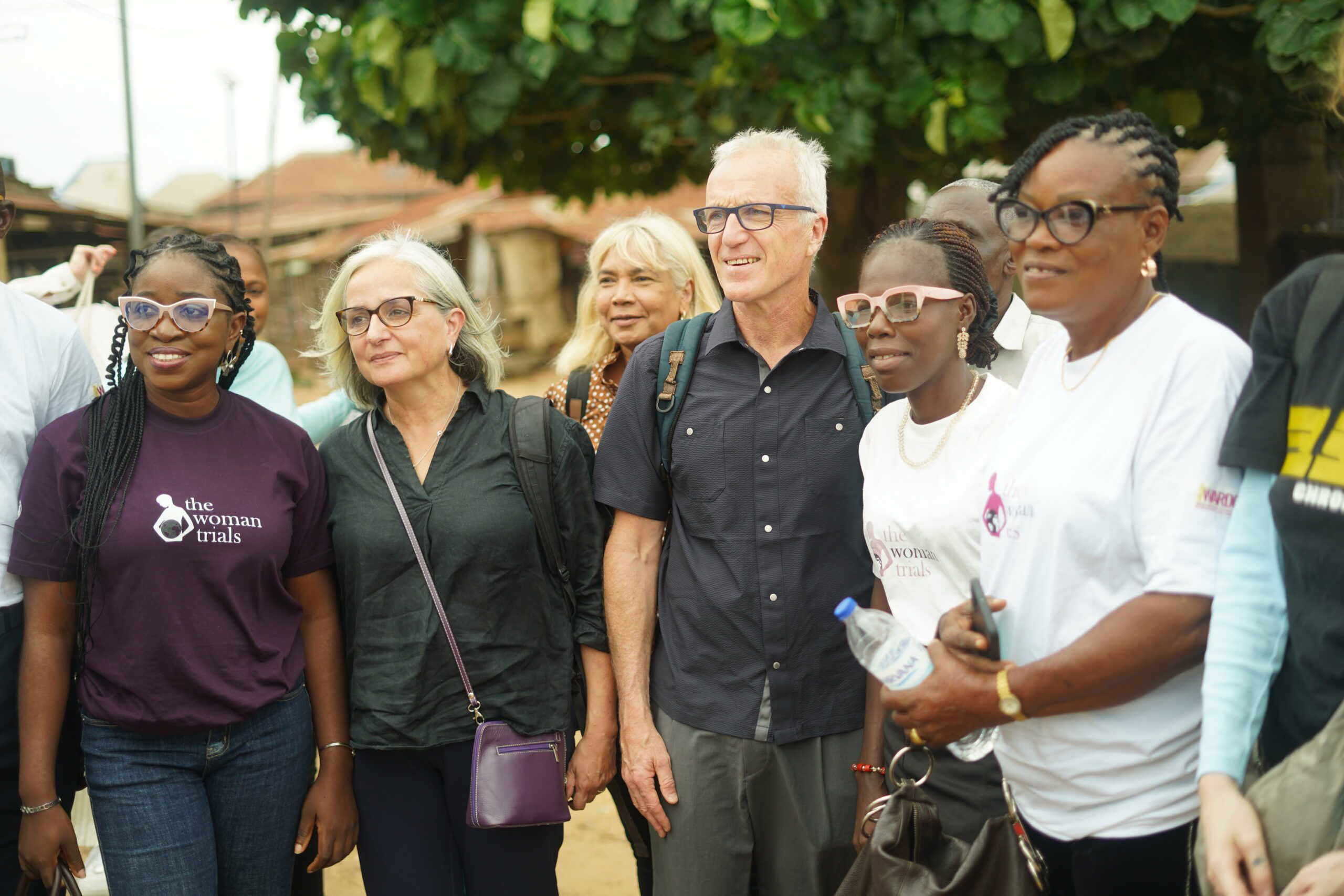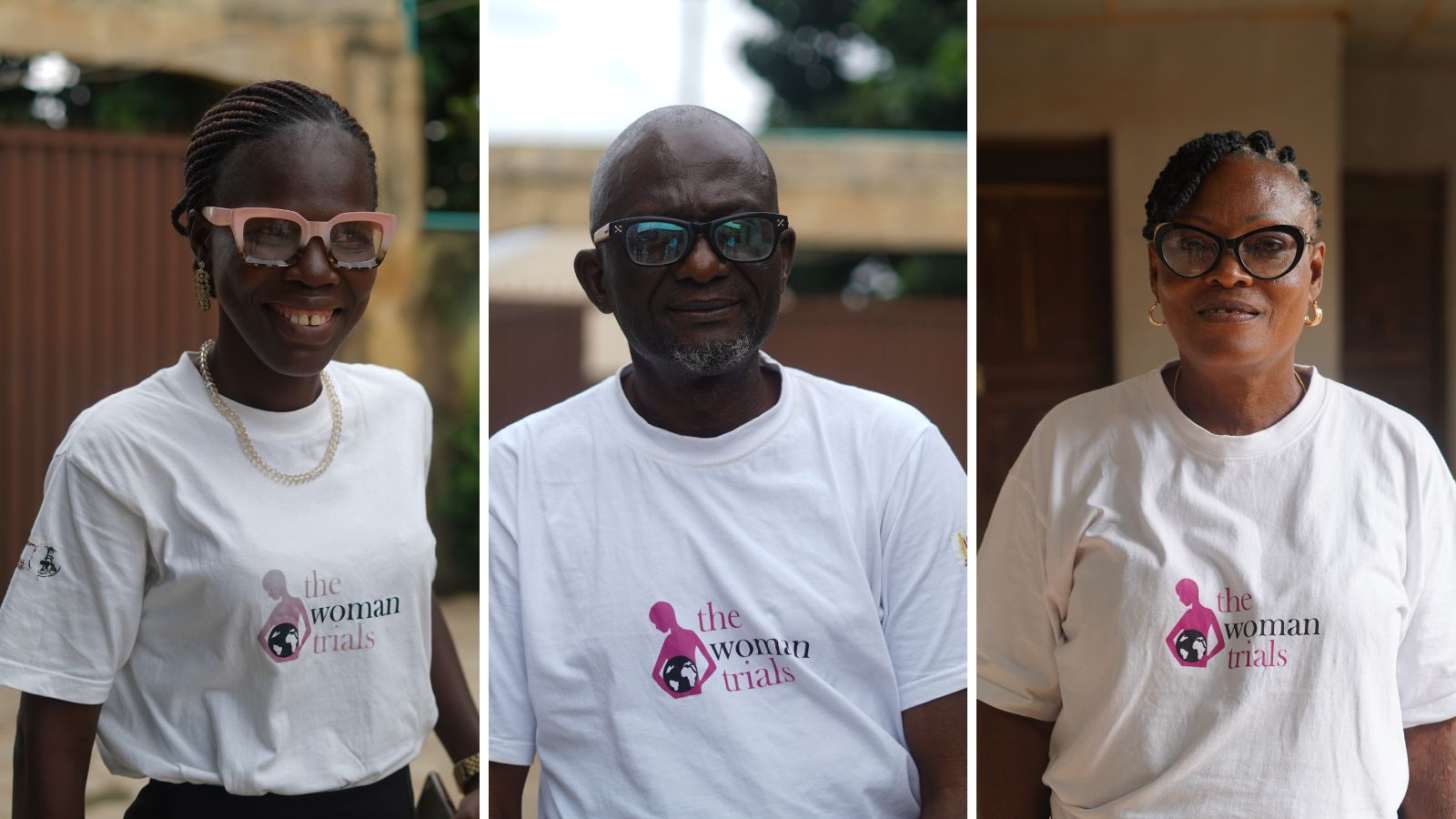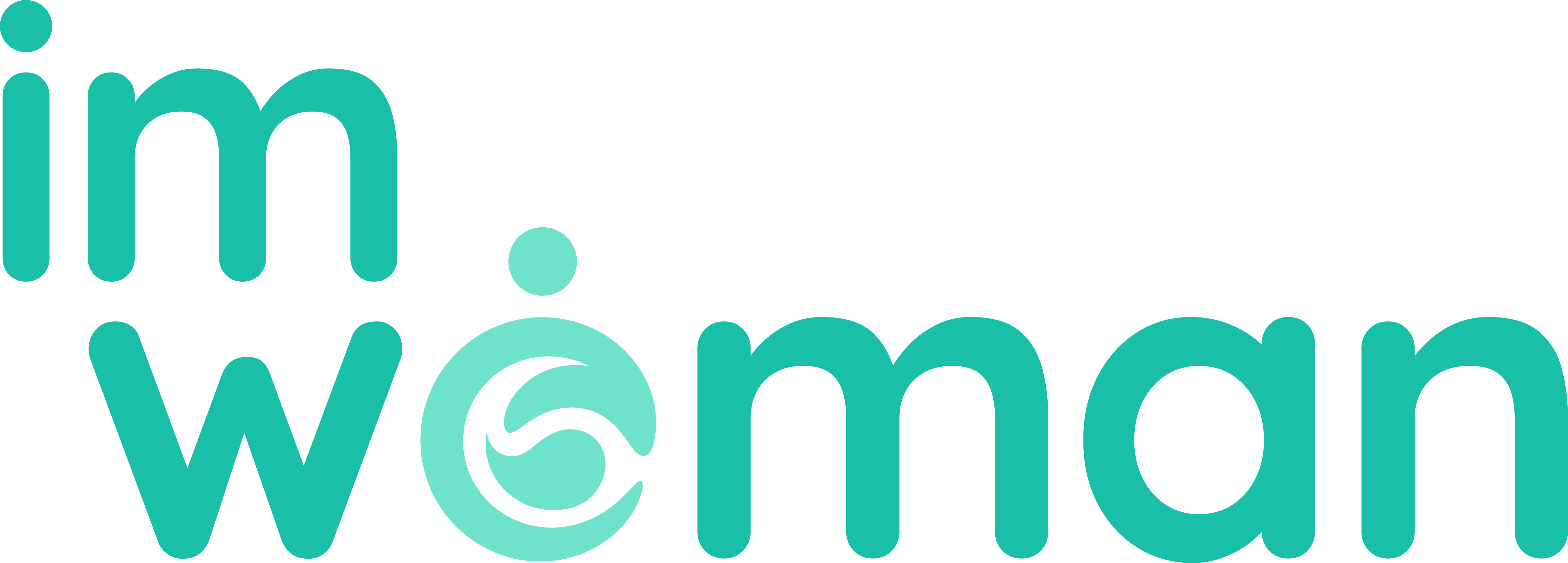Tranexamic acid is a life-saving drug shown to reduce deaths from severe bleeding after birth – postpartum haemorrhage – and is recommended by the World Health Organization (WHO).* Yet, it remains understocked in pharmacies, underused by clinicians and largely unknown to the women who need it most.

Maternal deaths in Nigeria show little sign of decline. In 2023, Nigeria accounted for over a quarter – 29% – of the global burden, according to the WHO.
The TRANSFORM project, funded by Unitaid, aims to expand equitable access to tranexamic acid and is partnering with Women Advocates Research and Documentation Center (WARDC) to reduce Nigeria’s high maternal death rate by speaking with women at the grassroots level.
*In October 2024, an individual patient data (IPD) meta-analysis published by WOMAN Trial collaborators showed that TXA substantially reduces life-threatening bleeding after childbirth regardless of the type of birth (vaginal or caesarean) or the presence or absence of anaemia.
Why is WARDC speaking to women?
Engaging directly with women and their communities and sharing knowledge about PPH and the advantages of TXA can allow more women to be prepared for an emergency in the labour room.
I’M WOMAN Trial Principal Investigator Dr Amy Brenner said: “Community organisations like WARDC understand women’s health and are experienced in advocating for women’s rights in Nigeria, making them well-placed to engage and inform local communities about the dangers of giving birth, and empower women to demand better care.
“WARDC are providing a platform for women in the community to speak with people they trust – like the field officers – and to be better informed and prepared for their birth and have a say on their own maternal healthcare.”
Why is access to TXA a problem in Nigeria?
Losing a mother to postpartum haemorrhage is a common experience felt by communities in Nigeria, explains Professor Nike Bello, head of the WOMAN Trials in Nigeria:
“Losing a mother is losing someone who has so many roles. She’s a wife, she’s a sister, she’s someone in an office, in a church, in a mosque.”
In Nigeria, families must pay for medications up-front at pharmacies or hospitals before receiving clinical treatment, as well as supplying their own blood reserves in case life-threatening bleeding occurs in childbirth.
Esther Adebola Akanni, an admin officer at the Forestry Research Institute of Nigeria in Ogbomoso who experienced PPH during a caesarean section benefited from receiving TXA. She said: “They were checking my eyes to see if I was gone or still alive. Tranexamic acid was given to me to control the bleeding then everything was fine.”

Why is TXA not being used in Nigeria?
Women are unlikely to purchase TXA, even if it is recommended to them, if they are unaware of its benefits or effectiveness in reducing bleeding after childbirth.
In communities like Olorunda Aba, outside of Ibadan, women do not buy TXA to take with them to the health centres or hospitals where they give birth, as it is often not available or affordable.
The TRANSFORM project is part of the I’M WOMAN Trial which is assessing whether injecting TXA into a muscle just before childbirth (IM TXA) can reduce postpartum haemorrhage as effectively as administering it into a vein (IV).
If proven successful, it could provide a simpler and more cost-effective route that would expand access to TXA in communities with limited resources where healthcare workers can easily be trained in IM TXA.
How are field officers driving change?
WARDC has so far trained 12 community leaders, known as field officers, to engage women and families in Lagos on the dangers of PPH and how tranexamic acid can help to reduce a woman’s risk of dying from severe postpartum bleeding.
Since joining the TRANSFORM project, WARDC have reached over 15,000 women in Lagos State across more than 30 communities.
Dr Abiola Akiyode-Afolabi, Founding Director of WARDC, explains that since maternal deaths often affect women in rural communities – many of whom have low literacy levels – it is more effective to engage with them directly in trusted community spaces such as primary health centres, churches, and mosques.
She adds: “Low literacy rates can prevent women from accessing or understanding written information about postpartum haemorrhage and how to prevent it.
“Traditional public health messaging, such as leaflets distributed in primary health clinics, doesn’t always reach communities, which is why our outreach efforts with trained field officers who share accurate information about postpartum haemorrhage and TXA has [have] a far greater impact on awareness and understanding.”
WARDC’s outreach as part of the TRANSFORM project combines webinars with clinicians and face-to-face conversations with trained field officers.
In this video, captured in Olorunda Aba, you can hear from three field officers on how they are speaking to women in their communities in Lagos, including:
- Ambassador Alhaji Lateef Kayode Akinborode, Founding Director of Community Women’s Rights Foundation
- Christianah Olanike MicTaiwo, Executive Director of Women Liberation and Transformation Group (W-LIT)
- Badejo Abisola, retired chief nursing officer.
Field officer, Alhaji Lateef Kayode Akinborode meets with women at primary health care centres – the first point-of-call for women to receive maternal care.
Akinborode said: “When there is awareness [of PPH] people will know what they are able to do.”

The field officers are influential community leaders and women’s rights advocates, including midwives and nurses, NGO leaders, pastors and those with lived experience of PPH.
Together with TRANSFORM, WARDC field officers are delivering public health messaging where it is most effective: in their trusted community spaces, including primary health centres, churches and mosques, so more women and healthcare workers are aware of the benefits of TXA. In the longer term, this could lead to fewer deaths from PPH and, ultimately, lessen the global burden of maternal mortality.

